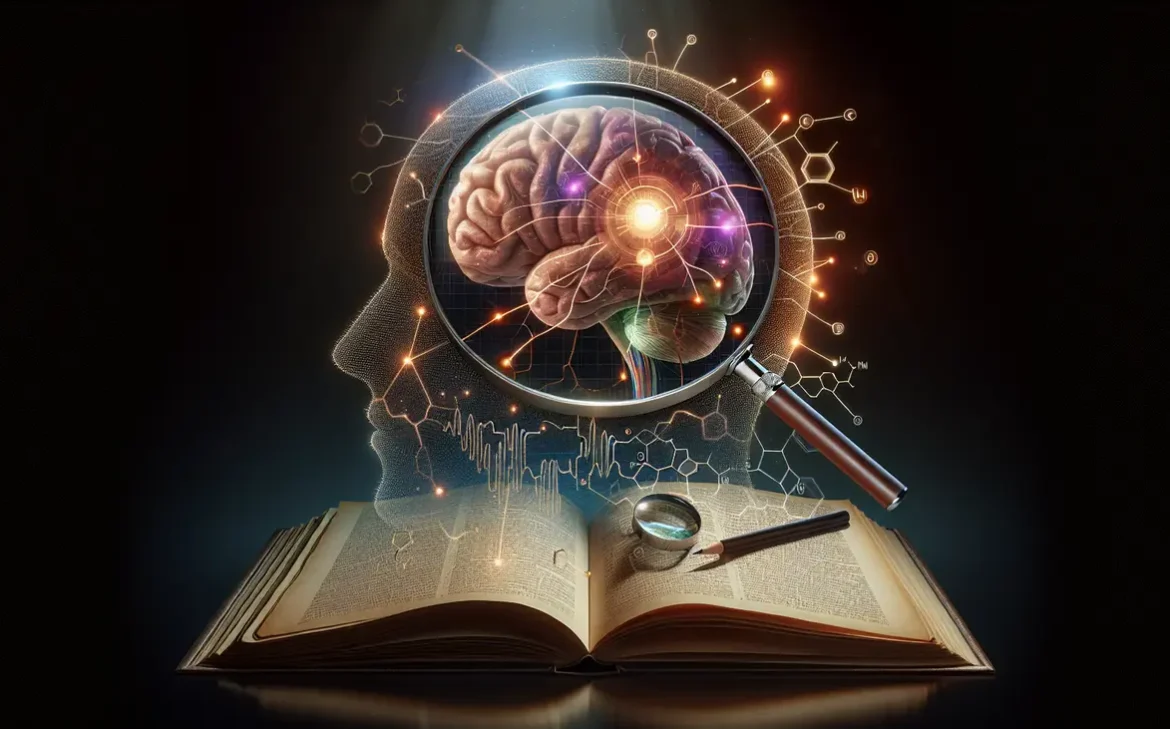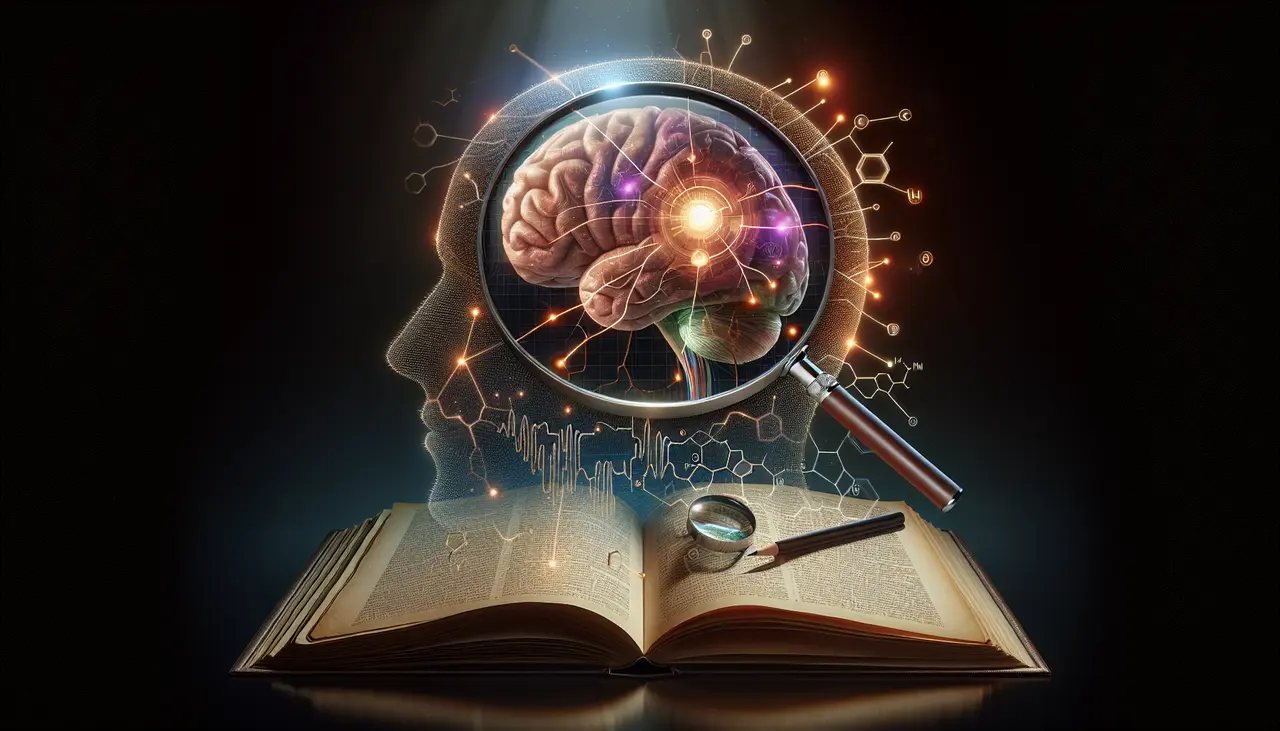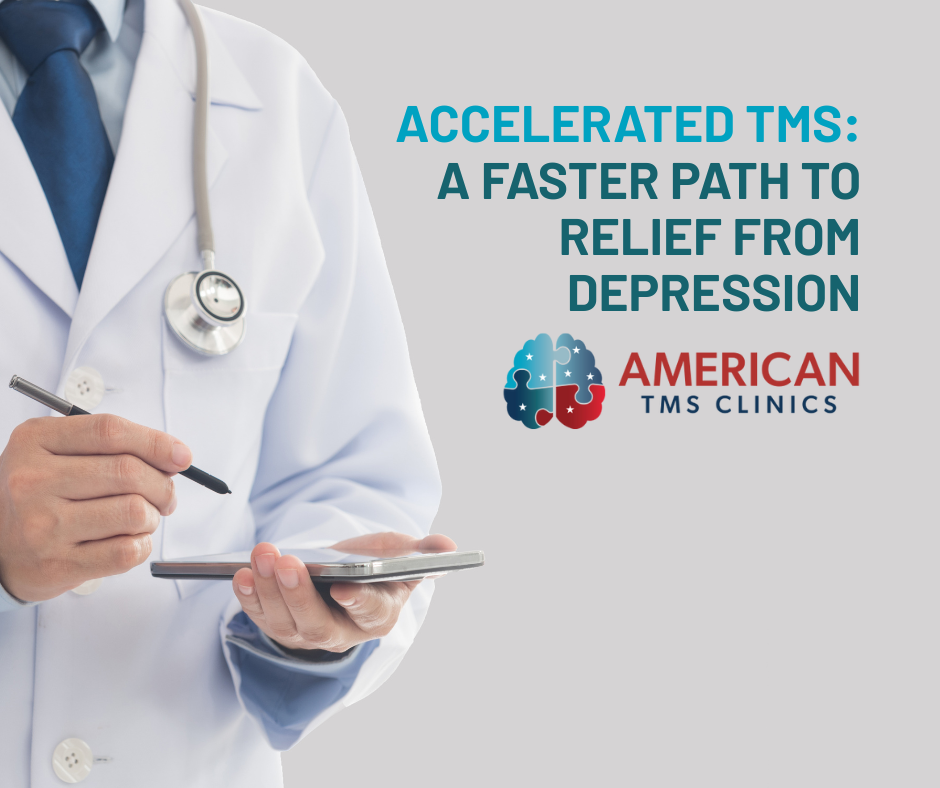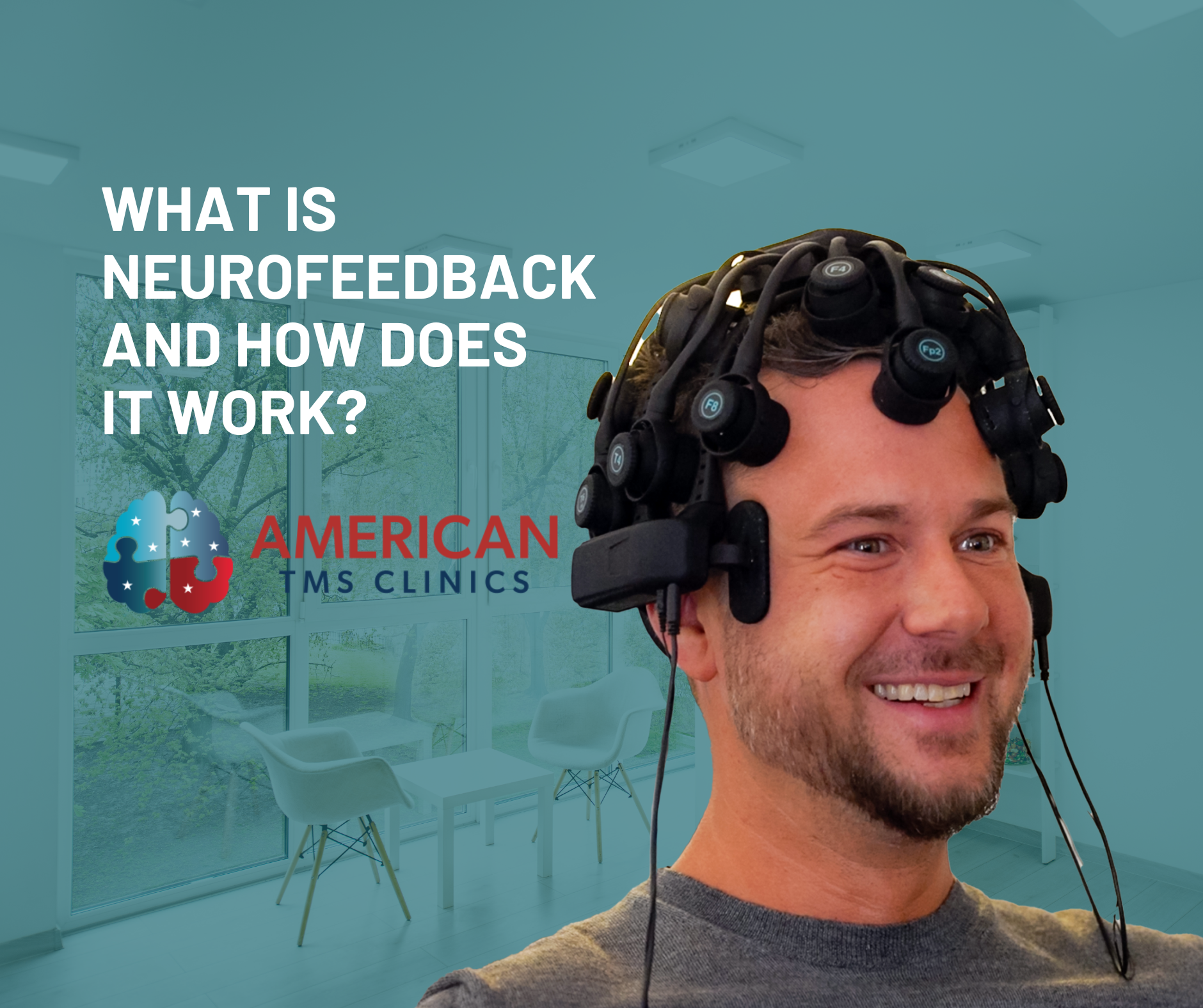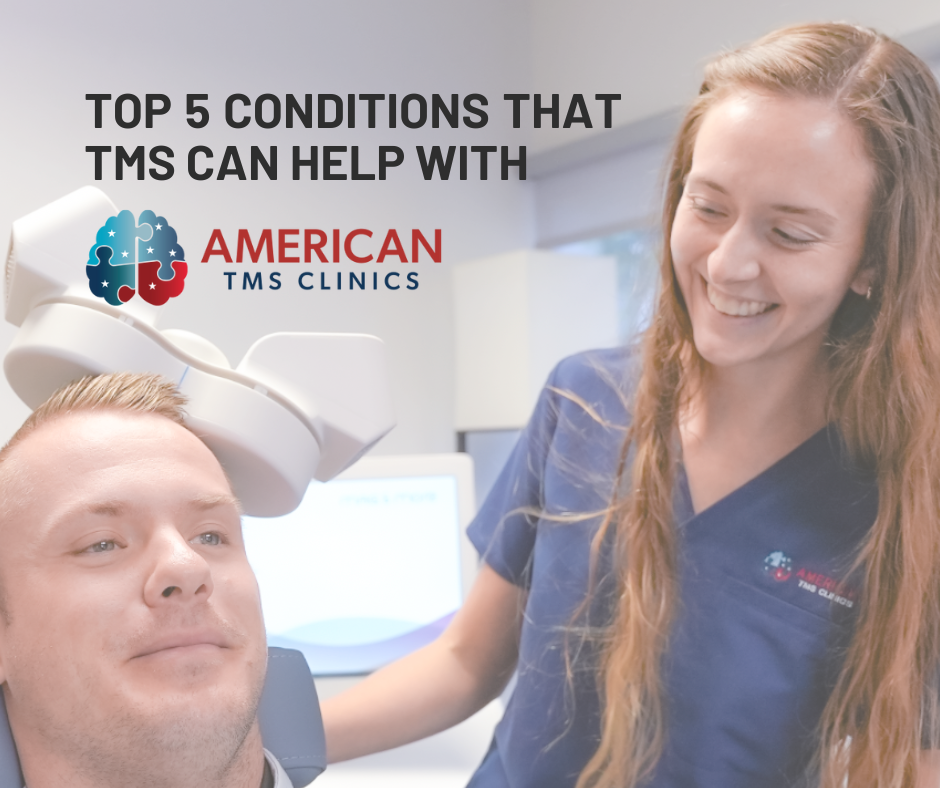Introduction to Modern Advances in Depression Treatment
Depression isn’t just feeling sad. It’s a serious condition impacting millions worldwide, but recent advancements in treatment are bringing hope. Traditional options like medication and therapy are now complemented by innovative approaches that are more precise, personalized, and often with fewer side effects.
For instance, Transcranial Magnetic Stimulation (TMS) and Electroconvulsive Therapy (ECT) are proving effective for individuals unresponsive to traditional treatments. Additionally, psychedelics like psilocybin are being explored for treatment-resistant depression.
Personalized medicine, leveraging genetics to optimize treatment plans, is also gaining traction. These breakthroughs mark an exciting era in mental health, offering more effective ways to combat depression.
Understanding Depression: Symptoms and Challenges
Depression is more than just persistent sadness; it’s a complex medical condition. Common symptoms include feeling constantly down, losing interest in activities, disrupted sleep patterns, fatigue, and changes in appetite.
Severe cases may involve feelings of hopelessness or thoughts of self-harm. One of the biggest challenges in treating depression is its varied presentation—what works for one person may not help another.
Many individuals hesitate to seek help, believing they can “snap out of it,” but this misconception delays effective intervention. Understanding that depression requires tailored, professional care is critical to recovery.
The Role of Science in Developing New Depression Treatments
Science drives the progress in modern depression treatments, uncovering innovative methods to improve lives. Researchers delve into the brain’s complex wiring, analyzing how chemical imbalances or disrupted electrical signals contribute to depression.
Advanced imaging techniques allow scientists to map brain activity and identify specific areas linked to mood disorders. This knowledge paves the way for targeted therapies, including medications, brain stimulation techniques, and other interventions designed to restore balance.
Personalization is at the forefront, ensuring treatments are tailored to individual needs. Scientific advancements make the future of depression treatment not only hopeful but increasingly effective.
Exploring Modern Depression Treatments Options
Recent years have seen remarkable progress in modern depression treatments, expanding beyond traditional therapies. TMS uses magnetic fields to stimulate specific brain regions, offering hope for those unresponsive to medications.
Ketamine, once an anesthetic, now shows rapid effectiveness in alleviating severe depression symptoms, often within hours. Psychedelic-assisted therapy with substances like psilocybin is being studied for its potential to rewire neural pathways, fostering long-term improvements.
Each option offers unique benefits and challenges, emphasizing the importance of working with healthcare professionals to find the best fit. These cutting-edge treatments bring renewed hope for individuals battling depression.
The Impact of Technology on Depression Therapy
Technology is transforming depression therapy, making treatments more accessible and effective. Mobile apps and websites provide on-demand counseling and mental health resources, eliminating geographical and scheduling barriers.
Virtual reality (VR) therapy immerses patients in controlled environments to practice coping strategies in real time. Advancements in brain imaging and genetics enable highly personalized treatment plans. Wearable devices monitor physical indicators of mental health, allowing timely interventions.
By integrating technology, mental health care becomes more comprehensive, combining traditional methods with innovative tools to enhance outcomes and improve accessibility for those in need.
Brain Stimulation Techniques: A New Frontier in Treatment
Brain stimulation techniques like TMS and ECT are revolutionizing depression treatment. TMS uses magnetic pulses to target brain regions associated with mood regulation, offering a non-invasive solution with minimal side effects.
ECT, though older, remains effective for severe, treatment-resistant depression, using controlled electrical currents to reset brain activity. Both methods prioritize precision, tailoring treatments to individual needs.
These approaches are not a one-size-fits-all solution but represent significant advancements for patients unresponsive to traditional therapies. With ongoing research, brain stimulation techniques hold the potential to further transform how depression is treated.
Personalized Medicine: Tailoring Treatment to the Individual
Personalized medicine is redefining modern depression treatments by focusing on individual differences. Rather than a generic approach, personalized medicine considers genetic, environmental, and lifestyle factors to craft customized treatment plans.
Genetic testing helps identify medications likely to be most effective, reducing the trial-and-error process. This approach accelerates relief and minimizes side effects, offering a more direct path to recovery.
By aligning treatment strategies with a person’s unique biology and circumstances, personalized medicine increases the chances of success, making it a game-changer in mental health care.
The Efficacy and Safety of Novel Treatment Approaches
New treatments for depression are evaluated for both effectiveness and safety. Clinical trials rigorously test these methods, comparing outcomes to placebos or traditional treatments. Effectiveness focuses on the percentage of patients experiencing significant symptom improvement.
Safety examines side effects and long-term risks. Emerging therapies like TMS, ketamine, and psychedelics have demonstrated strong efficacy with manageable side effects for most individuals. However, these treatments aren’t universal solutions; what works well for one person might not help another.
Consulting with healthcare professionals ensures informed decisions and maximizes the benefits of novel therapies.
Integrating New Treatments into Current Therapeutic Practices
Integrating innovative treatments with traditional approaches enhances overall patient care. Professionals must stay informed about advancements to combine new methods effectively with proven practices.
For example, pairing cognitive-behavioral therapy with cutting-edge medications or TMS can address both psychological and biological aspects of depression. Open communication between therapists and patients ensures treatments are adjusted based on individual responses.
This collaborative, personalized approach creates comprehensive plans that tackle depression from multiple angles, improving outcomes and making the integration of new therapies a valuable step forward.
Future Directions: What’s Next in Cutting-Edge Depression Treatment?
The future of depression treatment is full of promise. Personalized medicine is advancing rapidly, allowing for treatments tailored to individual genetic profiles. Non-invasive brain stimulation methods are becoming more precise, targeting specific brain regions to alleviate symptoms.
Virtual reality therapy offers immersive, controlled environments for stress management and resilience building. Digital therapeutics, including apps and AI-driven support tools, are providing real-time mental health assistance.
Meanwhile, researchers continue exploring new drug formulations and molecules to create more effective and safer medications. Together, these innovations herald a brighter, more hopeful future in the fight against depression.

